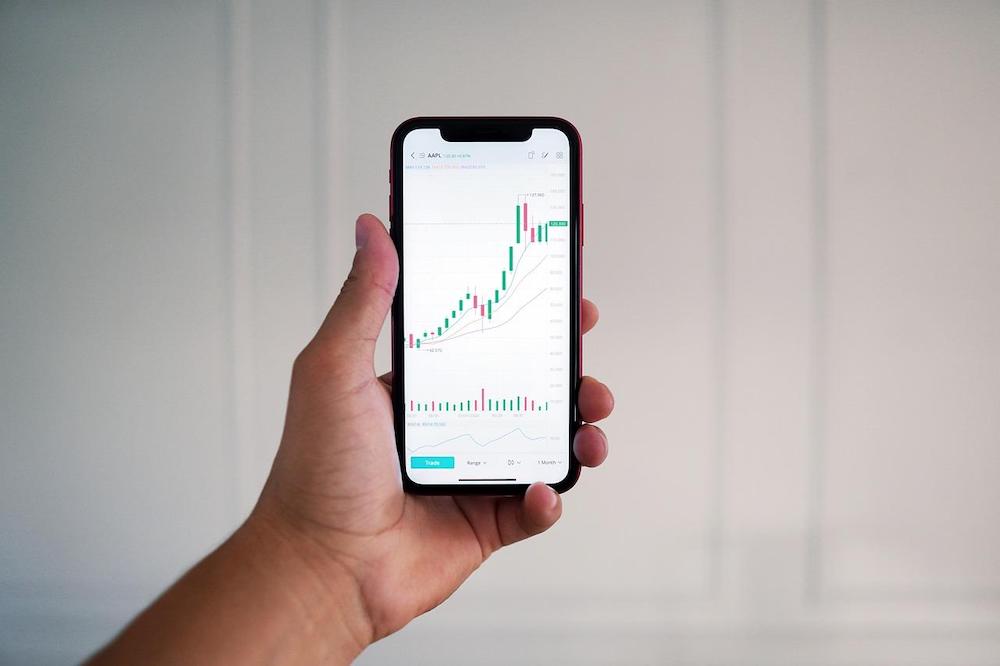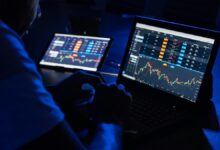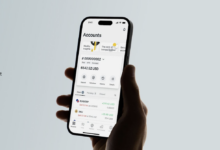
Online trading has gained significant popularity in Africa in recent years. Given the potential for lucrative returns, many Africans are now embracing online trading to broaden their investment portfolio and potentially generate extra income.
This growth has been rapid on the back of increased availability of mobile devices, supportive government initiatives, and rising internet penetration which is opening up global financial markets to a much broader population.
Globally, the online trading platform market size is expected to see strong growth in the next few years. It will grow to $15.58 billion in 2028 at a compound annual growth rate (CAGR) of 7.4% according to Markets and Insights.
Key trends projected for the market in the forecast period include the adoption of artificial intelligence technology, integration of chatbots, the launch of crypto trading platforms, and the introduction of learning-based online trading platforms.
In Africa, today, online trading platforms are helping young Africans and investors access international markets making it possible for virtually anyone armed with a smartphone and an internet connection to participate in the global financial ecosystem.
Several companies in the continent have African-friendly trading platforms where users can access Forex, shares, commodities, and cryptocurrencies.
These platforms are helping users broaden investment opportunities and allow users to diversify their portfolios with assets that were previously not easy to access. This is so African traders can hedge against inflation, access international currencies, and invest in companies globally to diversify their financial exposure.
This growth of online trading in Africa has also seen significant growth in financial literacy campaigns by governments, NGOs, and fintech companies. Many trading platforms now come with educational resources from which users can learn about the stock market, investment strategies, and even how best to manage risks. The educational component is very vital in Africa, given that the majority of its population remains uninformed regarding different financial products and services.
These trading platforms offer free webinars, articles, and tutorials, enlightening the end users to take a step in a wise financial direction opening up new pathways towards financial independence as well as the creation of wealth.
Governments in Africa have also realized the potential for online trading in driving economic growth and financial inclusion and regulatory authorities are now working on prescribing comprehensive laws to protect investors and promote sustainable growth within the sector. Such standards of transparency, investor protection, and anti-money laundering practices set by the regulators in countries like Kenya, Nigeria, and South Africa are going a long way to legitimate online trading platforms and boost user confidence in the sector.
“It was about time Africa made progress in the online trading space. Although there is still a high rate of underserviced or unbanked population, the region’s adaptability is undeniable. Not only is the number of online trading platforms available to traders increasing, but also the widespread adherence to transparent regulatory practices and strict anti-money laundering policies proves the geo’s openness to legitimate investment and online trading practices”, says Terence Hove, Financial Markets Strategist Consultant at Exness.
The Nigerian Stock Exchange for example has embarked is modernizing the trading landscape digital portal for retail investors. In South Africa, online trading platforms are closely monitored by the Financial Sector Conduct Authority (FSCA) to comply with global standards.
Online trading indeed plays a great role in financial inclusion by bringing investment opportunities to people who in the past had no access to mainstream banking services. Since most of the continent has a high penetration level of mobile phones, even the rural can access accounts and trade, hence investing. This is very important in Africa, where almost 60% of the population is unbanked.
These platforms are helping Africans to amass a personal saving and wealth, and be a part of the economic lifeline. It has put more people in charge of tracking their finances and getting them into the formal economy, which in turn is helping in reducing poverty and economic hard times.
Follow us on Telegram, Twitter, and Facebook, or subscribe to our weekly newsletter to ensure you don’t miss out on any future updates. Send tips to editorial@techtrendsmedia.co.ke.



